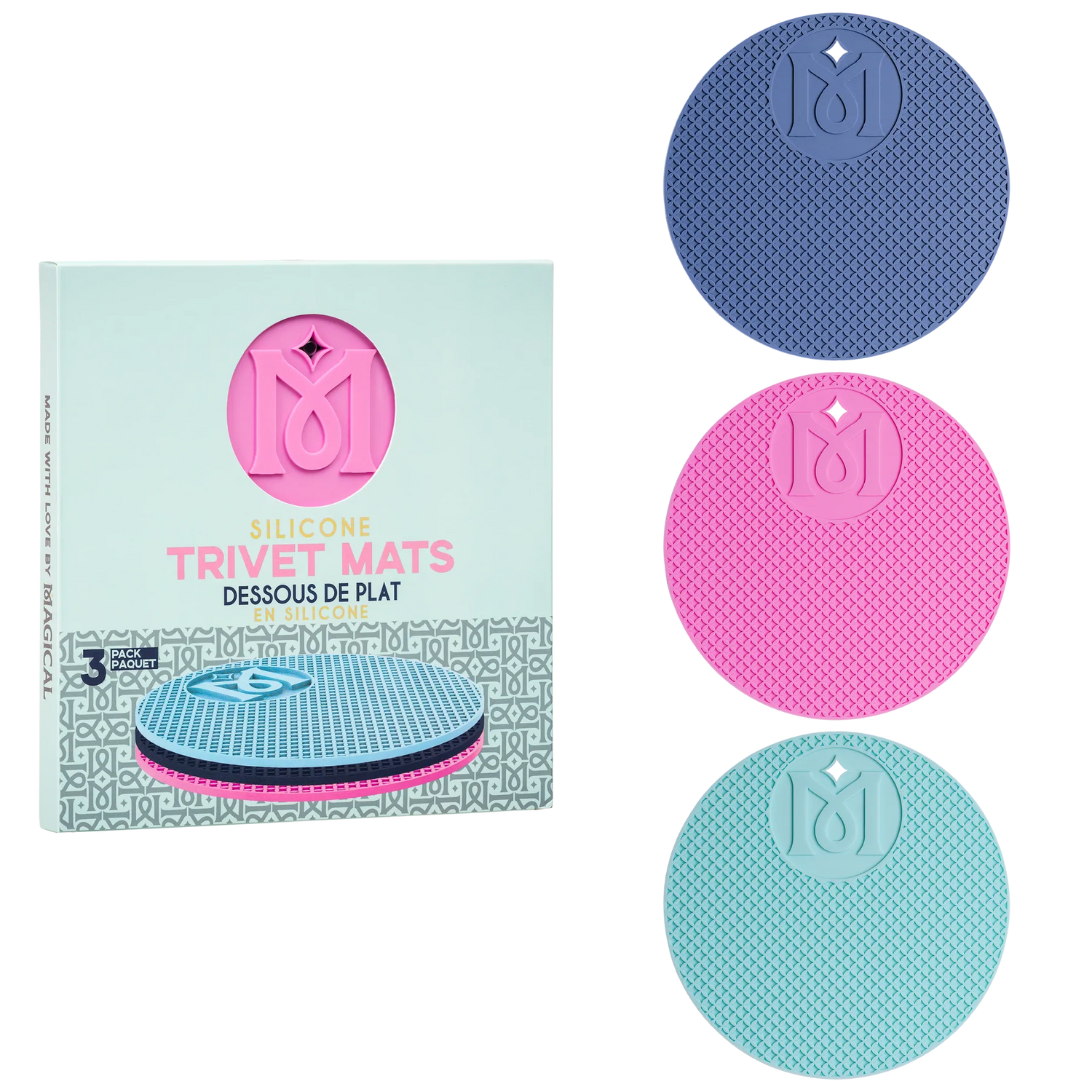In April of 2019, House Bill 324 was approved by GA Governor Brian Kemp. The goal of the bill is to provide patients with certain medical conditions, who were already allowed to access medical cannabis in legal amounts, an easier path to accessing the product. When it comes to Georgia access to medical marijuana, the law established a state-regulated dispensing system, allowing people to apply to earn a license to provide medical marijuana.
Now, this system is regulated by the Georgia Access to Medical Cannabis Commission. The commission is responsible for drafting regulations to establish, license, and regulate medical cannabis businesses. Now, there is a request for applications, as medical marijuana cultivation licenses are available. For those looking to apply for these coveted marijuana cultivation licenses, there are a few key points to keep in mind.
Marijuana Business License Applications in the State of Georgia
For those who are going through the application process for a cannabis business, there are two separate types of licenses. These include:
Class 1 Production License
A Class 1 Production License will allow individuals to grow cannabis only in indoor facilities. This facility must be used to produce low THC oil and the business is limited to only 100000 square feet of growing space. For those looking to manufacture and dispense low THC oil, there are only going to be 2 separate Class 1 Production Licenses available.
In order to apply for this license, the business must pay a non refundable application fee of $25,000. There is also an initial license fee of $200,000 along with a license renewal fee of $100,000.
Class 2 Production Licenses in the State of GA
The other type of production license is the Class 2 Production License. A Class 2 Production License allows professionals to grow cannabis only in indoor facilities. They can only produce low THC oil. The business is capped at 50,000 square feet of space for growing for the purposes of producing low THC oil. There are going to be 4 separate Class 2 Production Licenses available.
In order to apply for a Class 2 Production License, businesses must pay a non-refundable application fee of $5,000. There is also an initial license fee of $100,000 along with a license renewal fee of $50,000.
Of note, the State Board of Pharmacy is also going to be developing a specific dispensing license that pharmacies can use. They are going to be responsible for dispensing low THC oil to registered patients. In order for patients to qualify to receive THC oil, they need to have either severe symptoms or be facing a terminal illness. Some of the most common conditions that may qualify for THC oil under the current regulations include:
- Certain forms of cancer
- Amyotrophic lateral sclerosis, also known as ALS or Lou Gehrig’s Disease
- Certain types of seizure disorders, including epilepsy
- Those with HIV or AIDS
- Patients who are suffering from multiple sclerosis, also known as MS
- Individuals suffering from Crohn’s Disease or Ulcerative Colitis (UC)
- Individuals suffering from PTSD
- Patients with chronic, intractable pain
This is not a complete list and there are other patients who may qualify for therapeutic medical marijuana or THC oil as well.
In addition, the State Board of Pharmacy is also going to craft yearly dispensing licenses that will allow other outlets to be responsible for dispensing this oil to registered patients.
Program Guidelines Related to Medical Marijuana and Low THC Oil
In order for a patient to receive low THC oil under this program, they must:
- Register with the GA Department of Public Health
- Have a valid registration card from the GA Department of Health
- If the patient is under 18 years of age, then a guardian or parent of the patient must have a card for the patient
- In order qualify as low THC oil, the medical marijuana oil cannot have any more than 5 percent THC
- The oil also has to have an amount of CBD that is equal to or greater than the THC content
- The low THC oil has to be provided in a pharmaceutical container
- The label on the container must conspicuously and obviously state the percentage of THC that is present in the vial
- A patient in this program cannot have any more than 20 fluid ounces of THC oil
Patients must make sure they follow these guidelines to ensure they are legally possessing and using THC oil for medical purposes.
The Market Size in GA
Even though GA has allowed physicians to possess and provide THC oil to patients since 2015, there were state laws in place that prohibited growing, buying, selling, and transporting THC oil. Now, this program is going to follow medical marijuana from seed to sale, increasing access to medical marijuana that patients sorely need. Those who are interested in obtaining a license to grow or sell medical marijuana or low THC oil in GA should make sure they follow the guidelines carefully.






1 comment
So glad I happened on your site!!